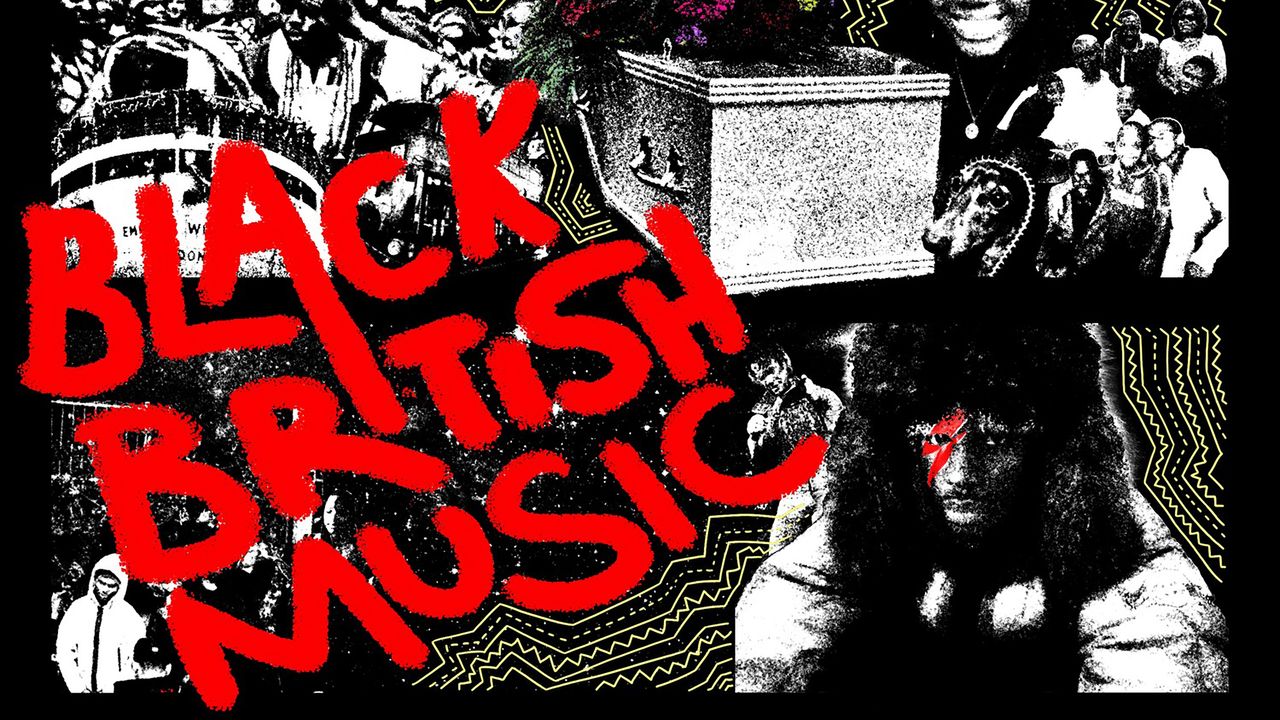Jim Legxacy is a young artist with an old soul—that of a Tumblr-pilled millennial. Until recently, the British rapper, singer, and producer was a meticulous craftsman of audio moodboards, stitching together spidery emo guitar lines, Afrobeat drums, recognizable samples, and of-the-moment rhythms like Jersey club. But as skilled as he is as a producer, it was his songcraft that made his tracks feel more vital than mere nostalgia bait. As a vocalist, Legxacy used his impressive range—he can sing with a gentle flutter, rap ferociously, and do just about everything in between—to sketch out deeply personal stories about homelessness, loss, and displacement. Within the constraints of self-produced, two-minute bedroom pop songs, Legxacy had figured out how to make surprisingly rich, evocative music. On his XL debut, black british music (2025), he attempts to break out of the box he’s made for himself by bringing in outside producers and aiming for a more polished, seamless sound.
Thankfully, he’s still letting the seams show. black british music features some of Legxacy’s best production and songwriting yet; he’s beginning to sound like the second coming of cut-and-paste icon Jai Paul. Here, Legxacy is at his best when commanding tracks that are propulsive and chaotic: Samples collide headfirst, drums snap with the force of fingers on pads, drops overpower everything in the mix. “Father” is a radiant, modern take on chipmunk soul, wherein Legxacy sees the lack of a male role model as a path to companionship. He writes with a dazzling economy of words: “On the block, I was listening to Mitski.” “New David Bowie” shapeshifts from Bollywood banger to harpsichord rap to glittering pop, all in the space of just over two minutes (few tracks here exceed that length). “D.B.A.B” sounds claustrophobic but the lyrics reveal Legxacy’s sense of humor: He positions himself as a pushover (“Don’t be a bitch/If you wanna be a bitch, then that’s okay”) before briefly interpolating Snow’s “Informer.” “Sun” reads like a summery Afropop number until you realize he’s invoking the rising of the sun as a means of navigating grief, one day at a time. “3x,” which strips things down to an acoustic sound that recalls Young Thug’s Punk, is more direct. “Girl don’t hit my phone/I’d rather be alone again,” Legxacy moans on the chorus, before Dave steps in to comfort him with a showstopping verse. “Told Jim, you already did your sister proud,” he huffs, acknowledging the passing of Legxacy’s sister in 2023.
